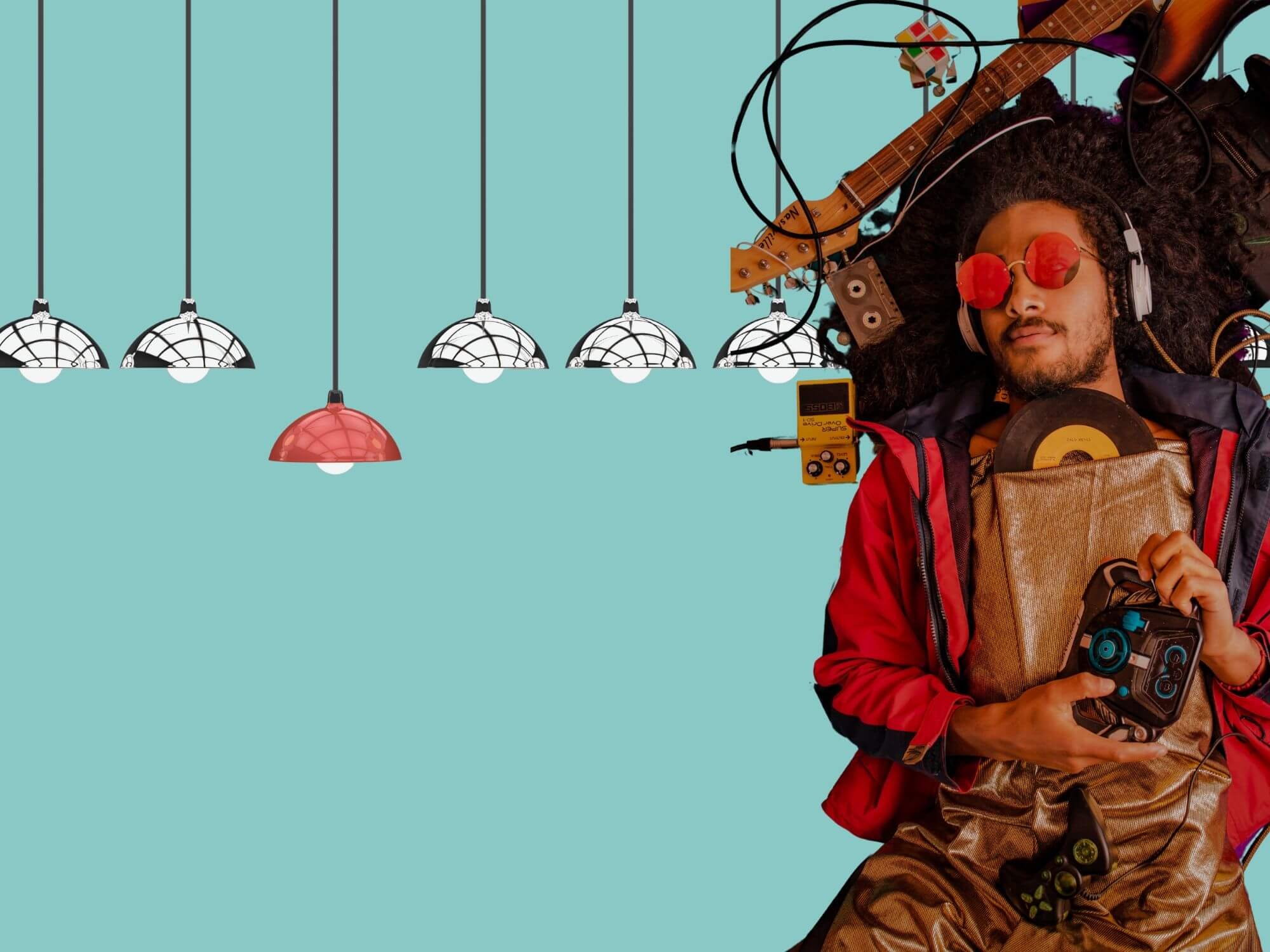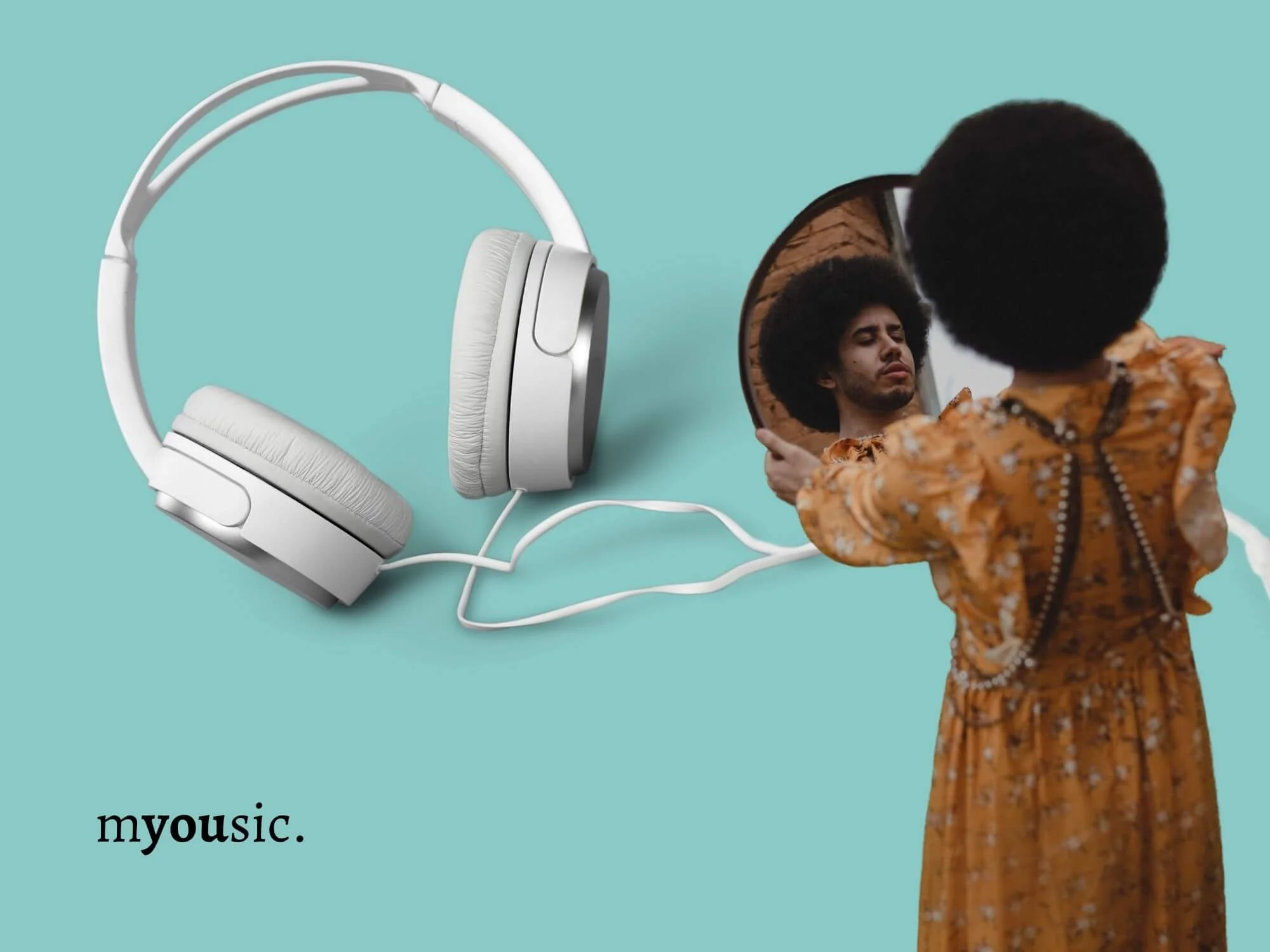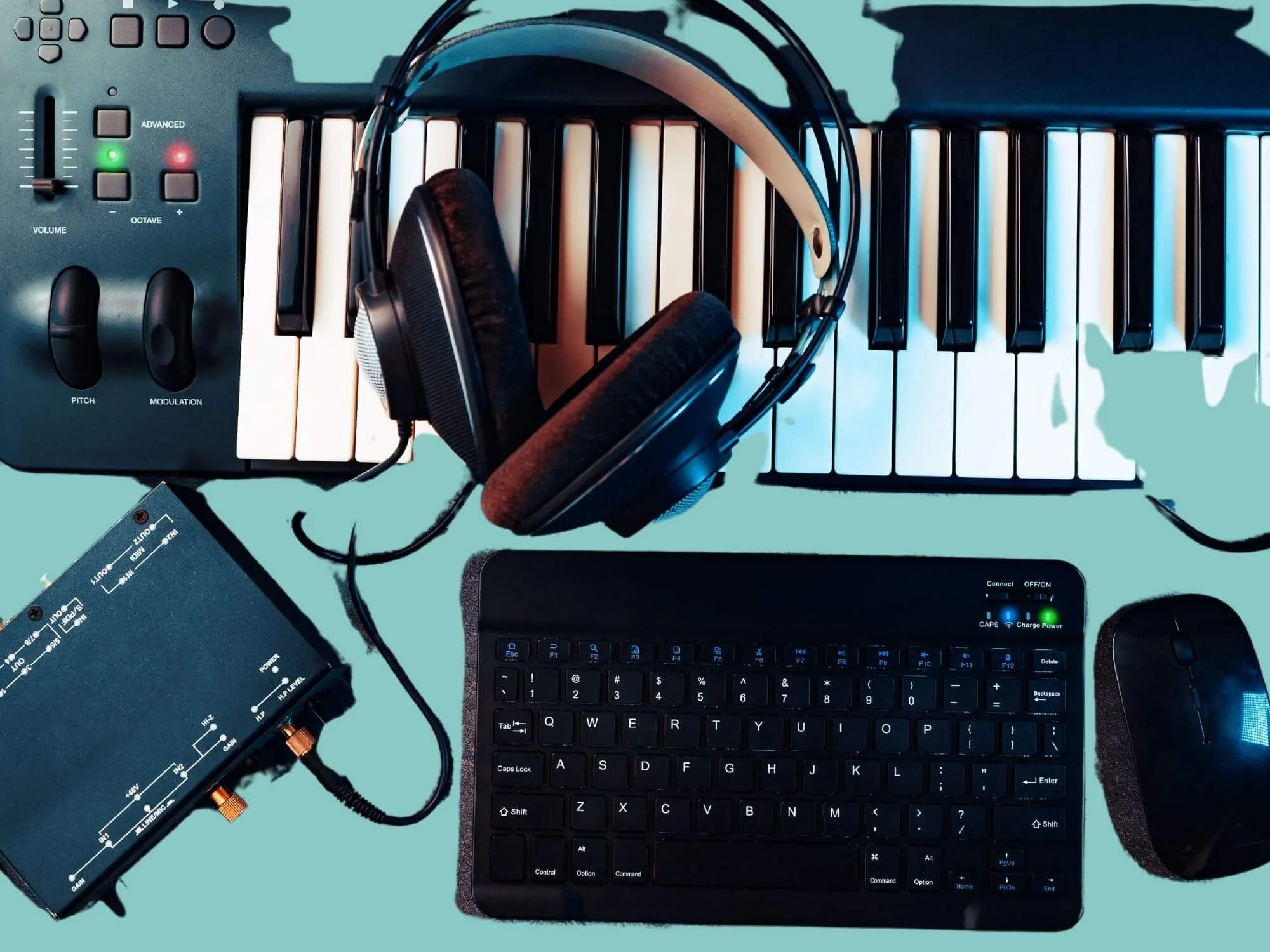What Makes a Music Style Authentic? My Hot Take
Knowing how to stand out with your music is good stuff. And authenticity is the way — which means being your truest artistic self.
It’s the easiest hardest thing you can do.
So this is my take on what makes a music style authentic and how I approach things.
Let’s do it.
Why Care About Music Authenticity?
Authenticity helps to establish your musical identity (plus, it’s just more fun).
It’s a high compliment and a source of personal pride. Because who doesn’t want to be seen as totally honest and authentically themselves?
Musical authenticity helps you stand out, differentiate and grow your artist brand.
All good things.
But it’s also more fun — because trying to appease external sh*t before yourself is stressful. When done right, authenticity adds creative play back into the mix.
So let’s keep moving.
Explore more:
➤ How to Be An Authentic Creative
8 Things That Make Your Music Style More Authentic
1. Personal Story
Authenticity starts and ends with your story. Because everyone’s life experience is unique.
So what’s your movie look like?
Infusing your music with your personal story naturally makes you more authentic.
This could be your core values, obstacles you’ve overcome or your unique backstory.
So tell your story — it’s more authentic.
2. Personal Elements + Sounds
Your music is the ultimate artistic expression of yourself.
Naturally, your songs will have personal elements that are unique to you. So the idea here is to pay attention to that uniqueness and lean into it. This boosts your intention and authenticity.
For example, I like to use travel sounds and themes in my music. This is a part of my sonic brand, which are the distinct sounds that represent my musical identity.
As another example sound authenticity and branding, Jon Bellion gets some of his inspiration from Pixar animation films.
So how about you?
What unique elements and sounds represent you and your music?
3. Musical Honesty
Musical honesty is making music that I want to make.
The more I write for me, the better stuff I make…
Writing for algorithms, likes and engagement isn’t authentic.
Rather, musical authenticity comes from writing songs that feel true to you, honest and make you feel artistically happy and proud.
It’s awkward trying to balance growth and musical honesty. But for me, I’d rather prioritize authenticity.
Eventually, the algorithms will catch up.
Because the truth is, we think we know what people want. But what listeners really crave is authenticity — which is you being you.
The world doesn’t need another copycat.
4. Regularly Taking Risks
Risk-taking in music means exploration. How you tell your story and channel your melodies will evolve with time.
Writing more authentically means you’re always ready to test new styles or elements based on what feels right and true.
Because it’s more important to do what you want, not always what you “should”.
So take risks, make mistakes and stumble with a smile.
It’s a mark of being truely authentic.
5. Embracing Imperfection
Apparently, we’re not robots. So embracing imperfections in your music is a great way to highlight your authentic human points.
For example, rather than quantizing notes to sit perfectly in the mix, keeping them as they were originally played maintains your unique style, rhythm and flow.
While subtle, these nuances add up and boost your authentic sound.
So if something isn’t “perfect” or breaks the “rules” (but sounds good or stands out in a good way), I say run with it.
6. Not Trying to Be Authentic
This is probably my favorite way to be more authentic.
Stop caring so much.
Stop trying to be so polite, hack algorithms or shortcut your way into people’s hearts.
Is your latest song a flop? Who cares.
Is everyone confused and misunderstanding your vision? Awesome, who cares.
By not trying to be authentic, you end becoming more authentic.
Explore more:
➤ How to Stop Caring So Much
7. Prioritizing for Play
Authentic music is creativity having fun.
When you prioritize for play, you’re focused on just having fun. And authenticity comes out much easier.
When writing under stress (from social pressure, low confidence, frustration…), we’re working in a lower frequency.
But authenticity lives in a higher place (hence the fun and play). So without play, there’s more chances for phasing issues.
I like to prioritize for play by getting into a flow state, taking social media detoxes and keeping musical goals detached from money or metrics.
Write for personal happiness and completing more projects.
Write for fun.
8. Self Awareness
Total authenticity takes some self awareness.
So who are you as an artist and as a human person?
What are your core values, passions, vision and mission? How about your fears and goals?
And how about your quirks, got any of those?
Now, how can you add those things into your music, your content and your brand?
Understanding yourself on this deeper level translates to more authenticity.
So do some self reflection and get to know yourself (not just who you wish you were, but who you really are).
Later ✌️
Authenticity happens — eventually.
As long as you stay the course, keep creating and stay intentional, you’ll discover your musical truth.
But the best method I’ve found is to just not care so much.
By not caring or not trying to be authentic, you’ll naturally be more authentic.



